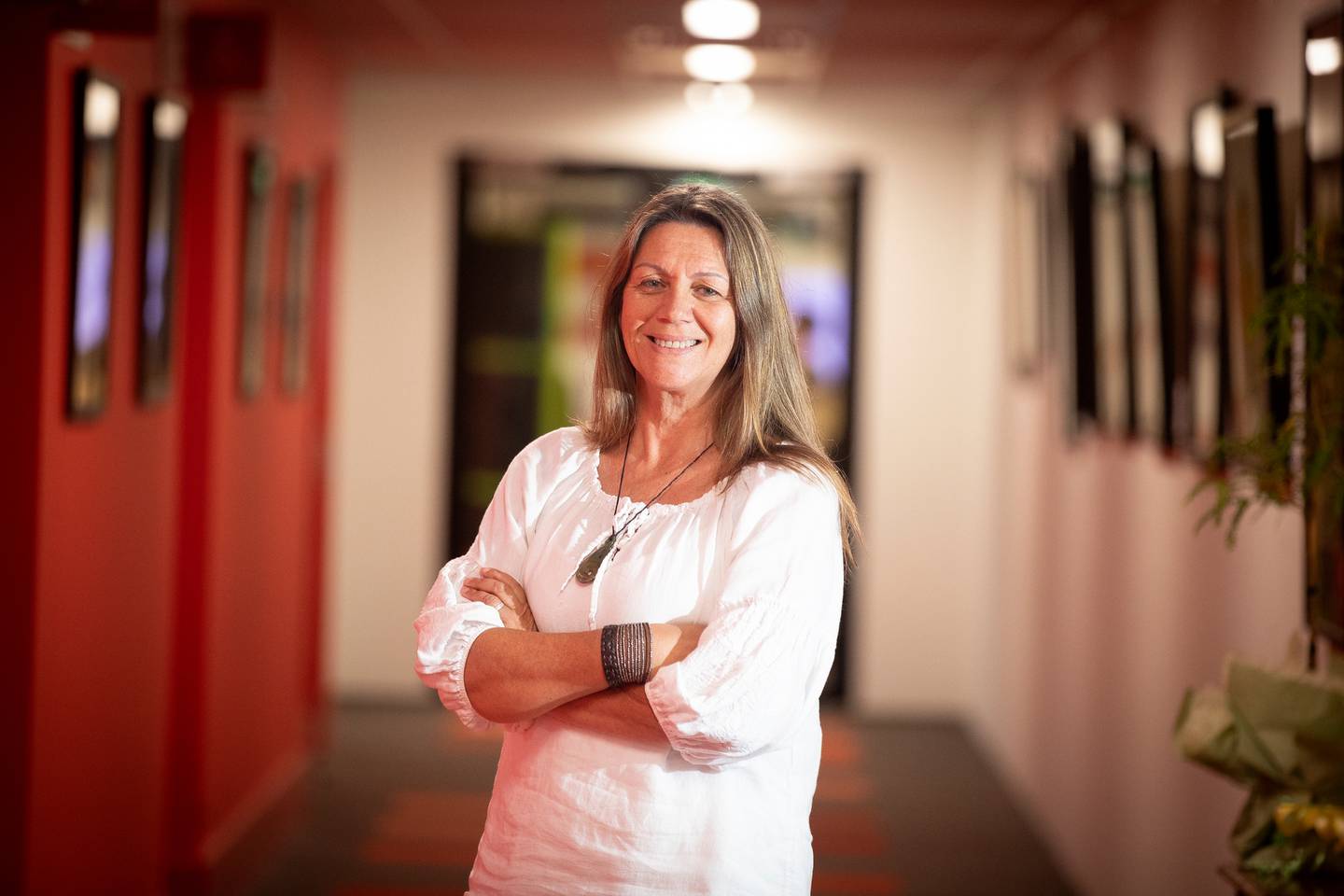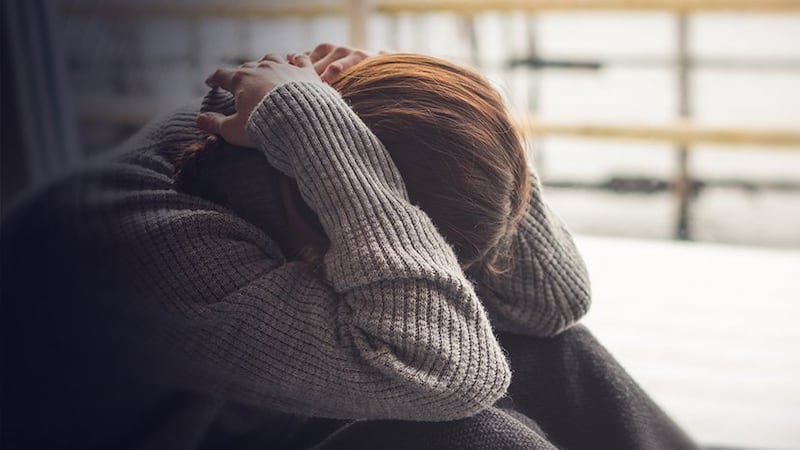Mother Suzy Taylor who lost her daughter to suicide has launched a new service, to help those suffering with mental health issues. Photo / File
Advisory: This story discusses suicide
When Suzy Taylor's daughter Georgia Macbeath was battling with her mental health, Taylor didn't know where to turn.
"I could not bring it up. I would have started bawling."
Six years on, she is giving other parents of suicidal teens a place to connect and speak, all while honouring her daughter's legacy.
Taylor, whose daughter died six years ago at age 19, has created a new service to support whānau in Rotorua so they don't have to go through what she did.
"Georgia died six years ago, but it still feels like six minutes," Taylor said.
It was the catalyst for change in Turner's life. The then-accountant retrained to be a qualified counsellor.
She is now Te Whatu Ora Lakes' suicide prevention officer, works as a counsellor at Toi Ohomai and provides support for suicide bereavement at Aoake te Rā, a kaupapa Māori organisation.
Now, she has started a weekly drop-in session called Supporting your Suicidal Loved One as part of her "journey of Georgia". It gives people the chance to share any concerns they may have about loved ones in confidence.
Taylor said since her daughter's death, she had received a lot of phone calls from parents in a similar situation to what she had been in, not knowing what to do.
"I've never been able to say this before, but I think her death was a gift in a way, because suicide needs to be brought out of the darkness and into the light - front and centre, where it belongs.
"When we can talk, we can start saving lives.
"At the end of the day, I don't believe anyone else wants to be me. I don't want to see them in this club."
Taylor said she wanted to provide people with the support she never had when she needed it most.
She said it came from "lived experience".
Georgia tried to take her own life in May, 2016, but survived. She was in the hospital for three days.
"I remember being in the hospital asking the staff, 'What [support] is there for me?' Because I'm the well one," Taylor said.
Taylor was told that there was "nothing" for her.
"I was left to try and navigate that myself - on how to keep my daughter alive, basically."

Suzy Taylor, from the new suicide prevention service Supporting your Suicidal Loved One. Photo / Andrew Warner
Taylor remembers being at a dinner with her "friends of 20 years" a week after Georgia's attempt.
"I could not bring it up. I would have started bawling; they wouldn't have known what to do. It was all so self-contained.
"I blamed myself and thought I was a terrible parent."
Georgia committed suicide weeks later in July.
Taylor said bereavement from suicide was "different".
"There is not always a sense of closure. We're left with a 'why', and blame."
She said Supporting your Suicidal Loved One was an entirely confidential intervention method - a way to step in when things aren't good.
She will facilitate it as a six-month pilot programme, then step back once it is sustainable and can run without her.
While Taylor believes Māori have solutions for those who whakapapa Māori, she says it's difficult due to colonisation.
Taylor said basing the service at the library ensured it could reach everyone.
"Don't feel too whakamā to come. Don't think we're going to judge you. Don't let your own views of yourself stop you from walking in that door.
"Don't be afraid to ask the difficult questions or say what you need to say," she said.
"If I had a support space like this back in 2016, then maybe, just maybe, Georgia might still be here today."
Taylor is joined in the service by Dallas Te Aonui and Rosie Katene from Te Arawa Whānau Ora, and Rotorua health improvement practitioner Belinda McEwen, from Rotorua Area Primary Health Services.
Te Aonui said working in a group like this was "part of my life plan".
"To awhi [care for] and tautoko [support] whānau and to help open up the communication channels, because kōrero [talking] is not present when this is happening."
Katene said services were currently so overwhelmed, the support service was one more way for health professionals to reach out to whānau.
McEwen, a health improvement practitioner, said she was drawn to the work after personal experience with whānau.
"In my role, I support people with distress of any kind.
"It is a privilege to be a part of this group and be part of the solution to a very challenging time in peoples' lives.
"Seeing people turn their lives around and knowing their whānau have supported them, there is no better feeling."
A similar group is planned for the Taupō/Tūrangi area next year.
Supporting your Suicidal Loved One is free and open every Tuesday from 10am to 2pm on level two of Te Aka Mauri.
Where to get help
If you are worried about your or someone else's mental health, the best place to get help is your GP or local mental health provider. However, if you or someone else is in danger or endangering others, call police immediately on 111.
OR IF YOU NEED TO TALK TO SOMEONE ELSE:
• LIFELINE: 0800 543 354 or 09 5222 999 within Auckland (available 24/7)
• SUICIDE CRISIS HELPLINE: 0508 828 865 (0508 TAUTOKO) (available 24/7)
• YOUTHLINE: 0800 376 633 , free text 234 or email talk@youthline.co.nz or online chat.
• NEED TO TALK? Free call or text 1737 (available 24/7)
• KIDSLINE: 0800 543 754 (available 24/7)
• WHATSUP: 0800 942 8787 (1pm to 11pm)
• DEPRESSION HELPLINE: 0800 111 757
• SAMARITANS – 0800 726 666.


